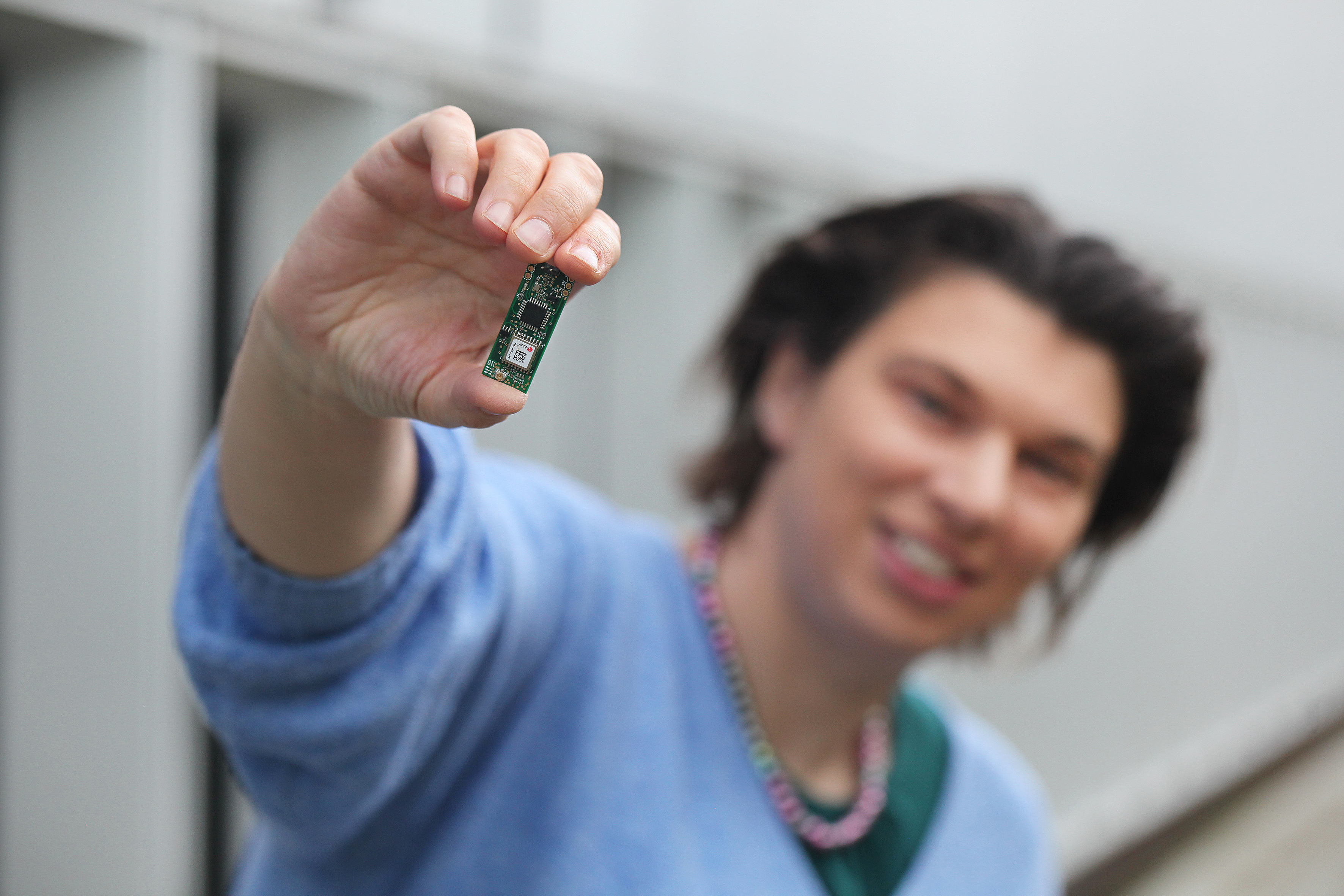Improving communication technology for sustainable and efficient digitalization
We are on the threshold of a new industrial revolution where machines will communicate with each other as well as with people in a world where, already now, 10 percent of the global electricity consumption is used for digital communication.
New breakthroughs are required in order to solve the need for increasing the internet capacity worldwide and using less energy at the same time.
At DTU Electro we study communication and cyber technologies that includes new lasers, nanophotonic devices and general network topologies to find new solutions to this problem.
Learn more about our highlighted activities within communication and cyber technology below.
